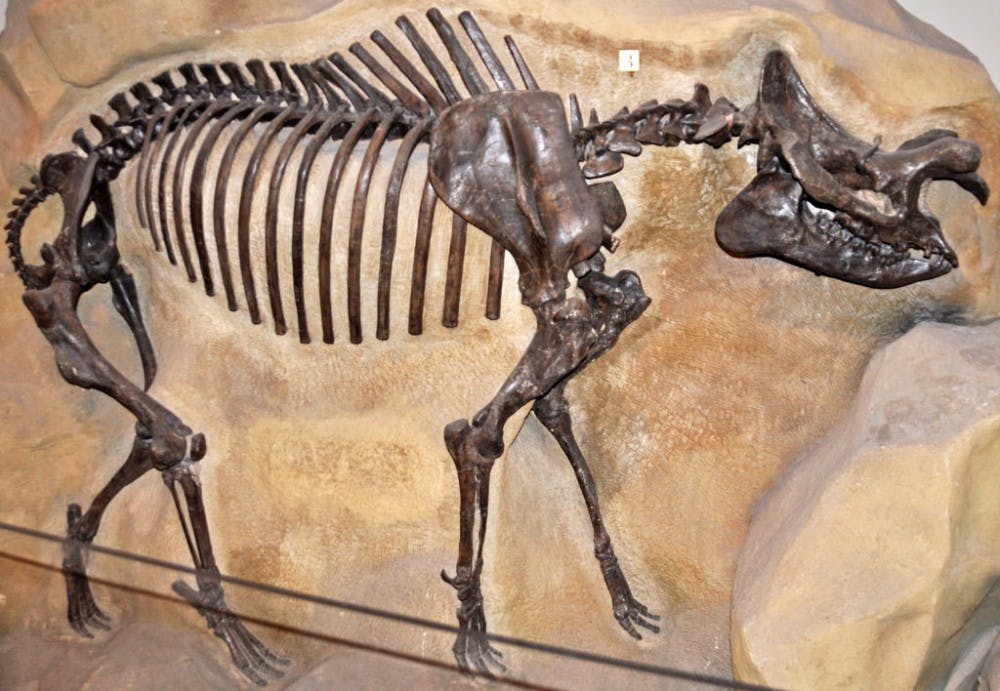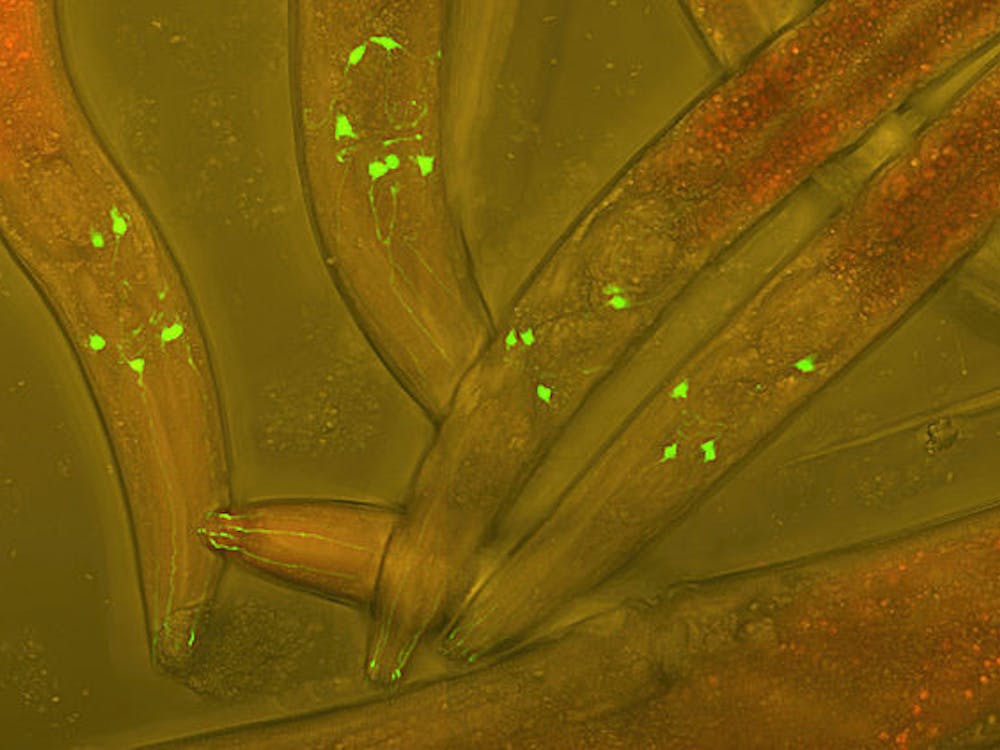While it has been a long-standing belief that pre-modern hominins, the ancestors of modern-day humans, contributed to the extinctions of large mammals in ancient Africa, researchers at the University of Utah have recently uncovered evidence that this may not be the case. Instead, these researchers believe that changes to atmospheric conditions, mainly the decrease of carbon dioxide as a result of increasing grassland, led to the extinction of these mammals.
Previous hypotheses on the extinction of ancient African mammals have a top-down argument: Early hominin hunters contributed to a decrease in mammalian diversity in Africa long before modern homo sapiens. Other theories include that the hunting of some large mammalian species in the Pleistocene Era led to the extinction of other large carnivore species due to food chain imbalances, leading to other changes in the environmental conditions.
Both of these theories imply that the ancient hominins were the direct or indirect cause of mammalian extinctions, as well as other ecosystem and environmental changes.
While these hypotheses have been cited in literature for decades, there has been very little research to refute or confirm these long-standing claims.
Tyler Faith is a curator of archaeology at the Natural History Museum of Utah and an assistant professor in the Department of Anthropology at the University of Utah. He and his team of researchers decided to test these claims.
In their study, the researchers gathered data on the diversity of mammalian herbivores in Africa over the last seven million years, focusing on megaherbivores, herbivores over 2,000 pounds. Today there are only five of these megaherbivores living in Africa, but there was a much greater diversity in ancient times.
Based on the current hypotheses, the scientists expected to see the decline in mammalian diversity beginning from between one and two million years ago; this would correlate with the time ancient hominins approximately began to consume meat.
To quantify the population changes of these megaherbivores, the team used a large assembly of African fossils from the last seven million years. In addition, they analyzed records of African climate and other environmental conditions including partial pressure of carbon dioxide, carbon biomass in soil carbonates and the percentage of carbon grazers in hoofed animals in the assembly of fossils.
After compiling this data, the researchers concluded that about 28 lineages of African megaherbivores became extinct over the last seven millions years.
After further analyzing the data, Faith stated his confidence that this compiled data directly contradicts with previous hypotheses.
“Our analyses show that there is a steady, long-term decline of megaherbivore diversity beginning around 4.6 million years ago,” Faith said in a press release.
“This extinction process kicks in over a million years before the very earliest evidence for human ancestors making tools or butchering animal carcasses and well before the appearance of any hominin species realistically capable of hunting them, like Homo erectus.”
Moreover, this rate of decline did not seem to increase with the introduction of the meat-eating human ancestors Homo erectus, further cementing the idea that early humans were not the culprit of extinction. Therefore the researchers are fairly confident that it was early climate change, not hunting, that led to most of the cases of extinction.
John Rowan, a postdoctoral scientist at the University of Massachusetts Amherst and a coauthor on this study, agrees with this conclusion.
“The key factor in the Plio-Pleistocene megaherbivore decline seems to be the expansion of grasslands, which is likely related to a global drop in atmospheric CO2 over the last five million years,” Rowan said in a press release. “Low CO2 levels favor tropical grasses over trees, and as a consequence savannas became less woody and more open through time. We know that many of the extinct megaherbivores fed on woody vegetation, so they seem to disappear alongside their food source.”
The researchers believe that the loss of these herbivores may have led to the other extinctions that had previously been blamed on ancient humans.





